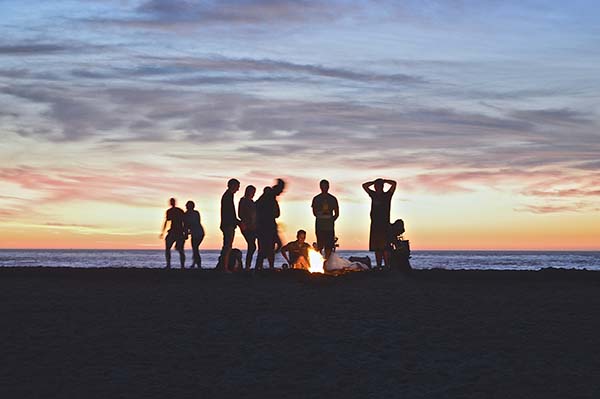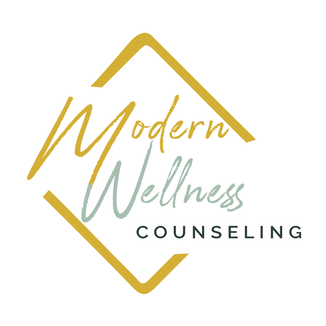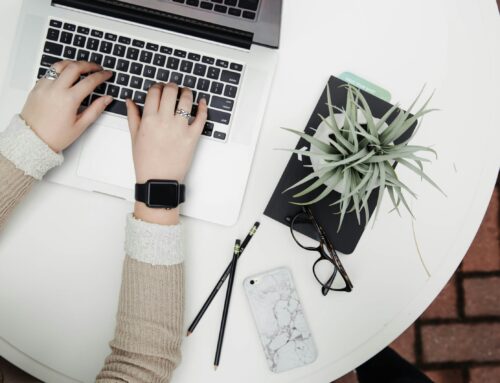It has been a year since our world and life as we knew it was changed. While hope is slowly being instilled for our future, acknowledging that we may still be dealing with the effects from this past year is important.
This past year, we faced a pandemic, racial injustice, and political tension. Everyone experienced this very differently, but I believe that everyone was affected in some way. We can agree that racial injustice and political division is not something that started in 2020, but the deaths of Breonna Taylor and George Floyd and the disappointment of our justice system, which is politically influenced, led to an increase in anxiety and PTSD symptoms in our communities. I know in the mental health field, and in many other communities, there was a strong push for practitioners to learn how to be advocate and process racial injustice and political division. My work with clients this past year not only included working with couples on learning how to regain closeness, but how to do this while surviving a pandemic, learning about systemic racism, and dealing with political stress.
In my experience, people have experienced a heightened level of anxiety, fear of what the future can hold, grief over losing loved ones, changing plans, and letting go of a life that we thought we were going to have. When having conversations with other mental health professionals, I have heard the same thing occurring in their practices.

I would have to say that the pandemic led to a physical isolation, while racial injustice and political division, led to a mental and emotional isolation from people you thought you could be close with and possibly no longer felt safe around. This often sounded like “I cannot open up around them because I’m worried what they will say,” or “I do not feel like I can be myself around them, because I will get made fun of.”
If you have been experiencing symptoms related to PTSD, guess what? There is nothing wrong with you. This past year has pulled and yanked us all in so many ways that many of us were not prepared for. There have been many moments of not feeling safe physically (racial injustice, COVID-19 pandemic, no power or water due to Texas winter storm) or emotionally/mentally (political division). Many emotions that came up this past year have been anger, loneliness, sadness, irritability, fear, and numbness to name a few. But similarly, these are emotions that pop up when you are feeling stressed, which we know that receiving stressful information is not going to stop in our lives. At the beginning of the pandemic, there was a unified front of handling the pandemic, but as the months went by, a tear in this unity just got bigger, which for some was unfortunately linked to politics. Let us acknowledge that this was and is still stressful and challenging. But the key is to continue to find people who you trust and feel safe around. Pay attention to what you are experiencing and how it is impacting your day, mood, self-esteem, and relationships. Try to identify friends and family who you can be yourself around and who you can also learn from.

Below is a small and short list of coping skills, but if you are interested in learning more, you can check out the self-care series. More importantly, I want you to know that feeling 100% sure of everything right now may not be realistic. We do not know what next month will look like or what the end of the year will look like. I believe we all want the same thing of the future, to feel safe, comfortable, and secure again.
Coping skills to handle stress:
- Monitor screen time and social media use.
- Pay attention to how much time you are engaging in receiving news.
- Try reading about the news versus watching.
- Don’t forget about your basic needs (i.e., drinking enough water, sleeping, eating balanced meals)
- Do something that is fun for you.
- Decrease alcohol consumption.
- Talk to people you trust about how you feel.
- Dedicate time to experience feelings of joy and gratitude.
- Dedicate time to worry and journal about it. Many people dwell and that makes sense, but overtime can take a toll on your physical and mental health.
By Priscilla Rodriguez, M.S., LMFT Priscilla
Specializes in working with and learn how to manage stress by implementing healthy coping skills. Priscilla utilizes research-based techniques to help clients form a secure relationship with themselves and with others. Learn more about therapy services here.




